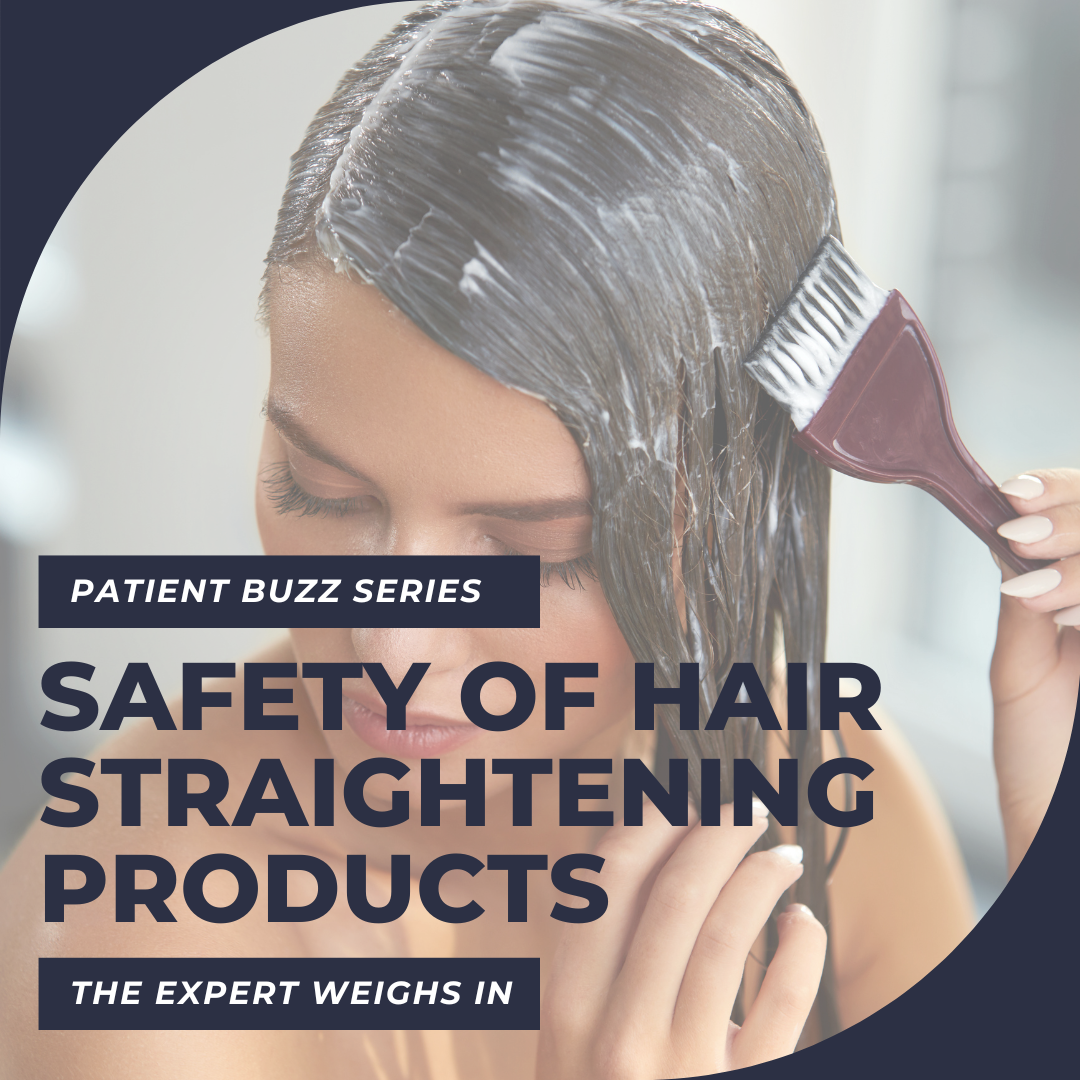CNBC recently wrote an article about the safety of keratin hair treatments in light of a proposed FDA rule that would ban products that contain or release formaldehyde. Which straightening products would be affected by a ban? What should dermatologists know about safety concerns with other hair straightening products?
Amy McMichael, MD, FAAD, professor of dermatology at Wake Forest University School of Medicine, shared her expert take on hair straightener safety:
What’s your reaction to this article and news of a proposed ban on certain hair straightening products?
I think the article that was published confused each type of straightening method. There are many ways to straighten the hair. One of them is with chemical relaxers that restructure the disulfide bonds inside the hair shaft. This includes sodium hydroxide and guanine hydroxide. These products do not contain formaldehyde. So the information about formaldehyde does not apply to these products. These products are NOT being discussed for banning.
The data on chemical relaxers and uterine cancer was from a large study of Black women followed over many years. The data show that only post-menopausal women who used chemical relaxers frequently were at risk. This is the first study that shows a reasonable risk. This study did not look at formaldehyde containing products.
Other studies looked at all forms of straightening (including flat irons, keratin products, chemical relaxers, etc.), which did not make much scientific sense.
Another product, typically referred to as keratin treatment, uses a protein product to help smooth the hair and protect against humidity. These products work on the outside of the hair shaft and need to be applied to the hair shaft followed by straightening of the hair shaft with a blow dry and flat iron to the allow the product to keep the hair in the straightened state. Most of these products do have formaldehyde or a version of formaldehyde in them. These are the products that are being discussed as banned in the U.S. due to the potential issues with formaldehyde.
What should dermatology clinicians know about the safety of hair straightening products?
Bottom line, chemical relaxers probably have some associated risk when used long-term and frequently. We do not know if there are certain women who are more at risk than others because this was not a study powered to look for this specific diagnosis and other risk factors.
Formaldehyde products are a different story and are more related to transitory lung effects, since these products are applied to the hair and not the skin. There are no studies to date that show that the amounts of formaldehyde in these products are high enough to cause cancer.
More studies are needed to determine the lifetime risks for women using chemical relaxers and other types of smoothing agents like keratin treatments.
Did you enjoy this Patient Buzz expert commentary? You can find more here.

